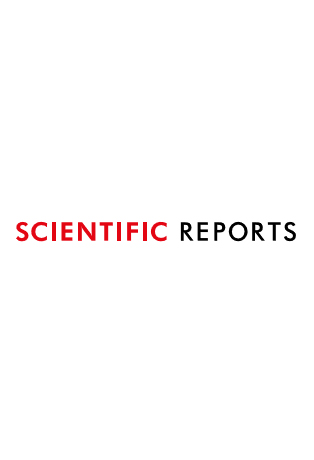Sci Rep. 2020 Jul 22;10(1):12139. doi: 10.1038/s41598-020-69085-w.
Pierre S Leclère 1 2 , Déborah Rousseau 2 , Stéphanie Patouraux 3 , Sophie Guérin 1 , Stéphanie Bonnafous 3 , Aline Gréchez-Cassiau 1 , Anthony A Ruberto 1 , Carmelo Luci 2 , Malayannan Subramaniam 4 , Albert Tran 3 , Franck Delaunay 1 , Philippe Gual 5 , Michèle Teboul 6
Affiliations
1 Université Côte D’Azur, CNRS, INSERM, iBV, Nice, France.
2 Université Côte D’Azur, INSERM, C3M, Nice, France.
3 Université Côte D’Azur, CHU, INSERM, C3M, Nice, France.
4 Department of Biochemistry and Molecular Biology, Mayo Clinic, Rochester, MN, USA.
5 Université Côte D’Azur, INSERM, C3M, Nice, France. Philippe.gual@inserm.fr.
6 Université Côte D’Azur, CNRS, INSERM, iBV, Nice, France. Michele.TEBOUL@univ-cotedazur.fr.
Abstract
A large number of hepatic functions are regulated by the circadian clock and recent evidence suggests that clock disruption could be a risk factor for liver complications. The circadian transcription factor Krüppel like factor 10 (KLF10) has been involved in liver metabolism as well as cellular inflammatory and death pathways. Here, we show that hepatic steatosis and inflammation display diurnal rhythmicity in mice developing steatohepatitis upon feeding with a methionine and choline deficient diet (MCDD). Core clock gene mRNA oscillations remained mostly unaffected but rhythmic Klf10 expression was abolished in this model. We further show that Klf10 deficient mice display enhanced liver injury and fibrosis priming upon MCDD challenge. Silencing Klf10 also sensitized primary hepatocytes to apoptosis along with increased caspase 3 activation in response to TNFα. This data suggests that MCDD induced steatohepatitis barely affects the core clock mechanism but leads to a reprogramming of circadian gene expression in the liver in analogy to what is observed in other experimental disease paradigms. We further identify KLF10 as a component of this transcriptional reprogramming and a novel hepato-protective factor.
PMID: 32699233
DOI: 10.1038/s41598-020-69085-w

